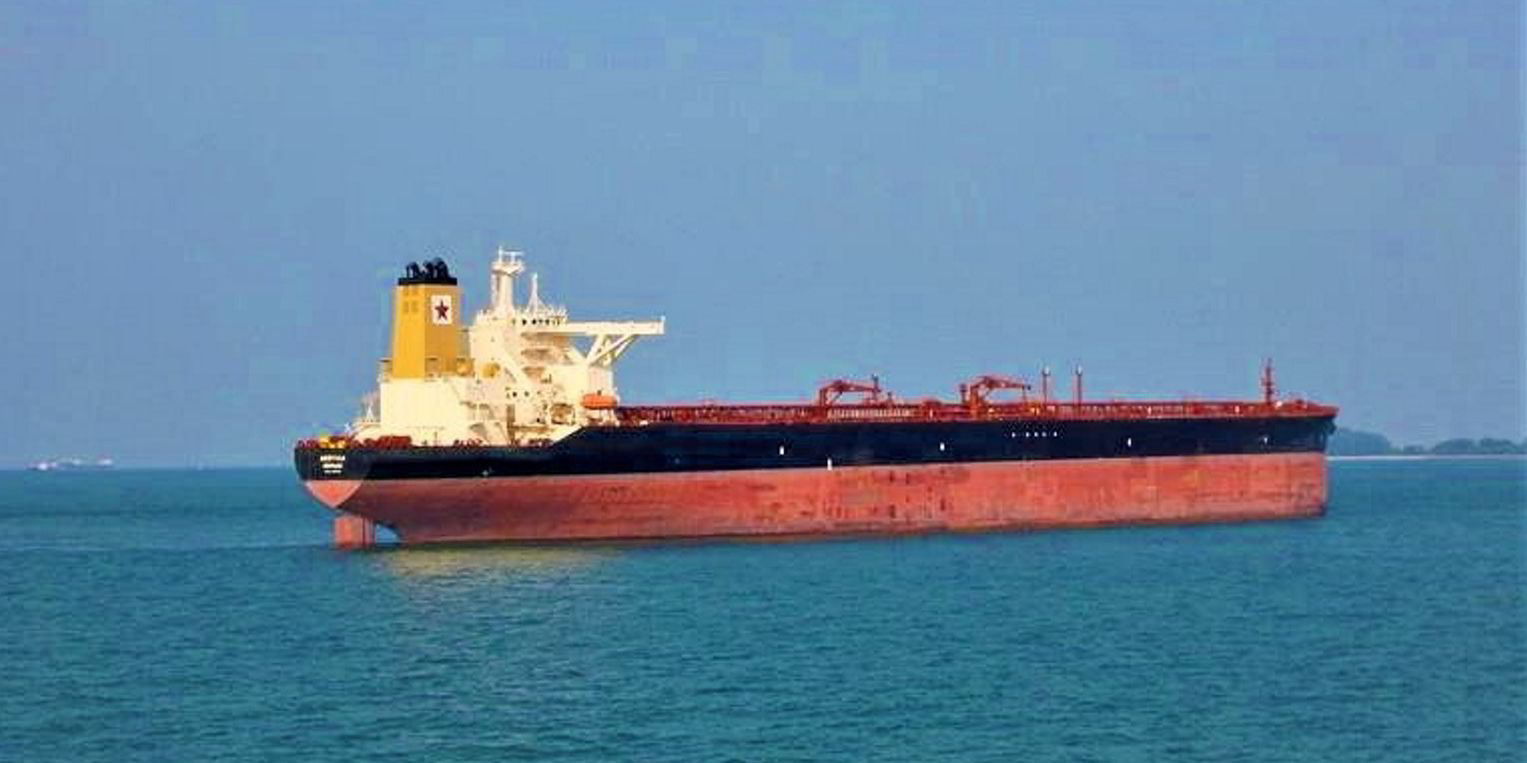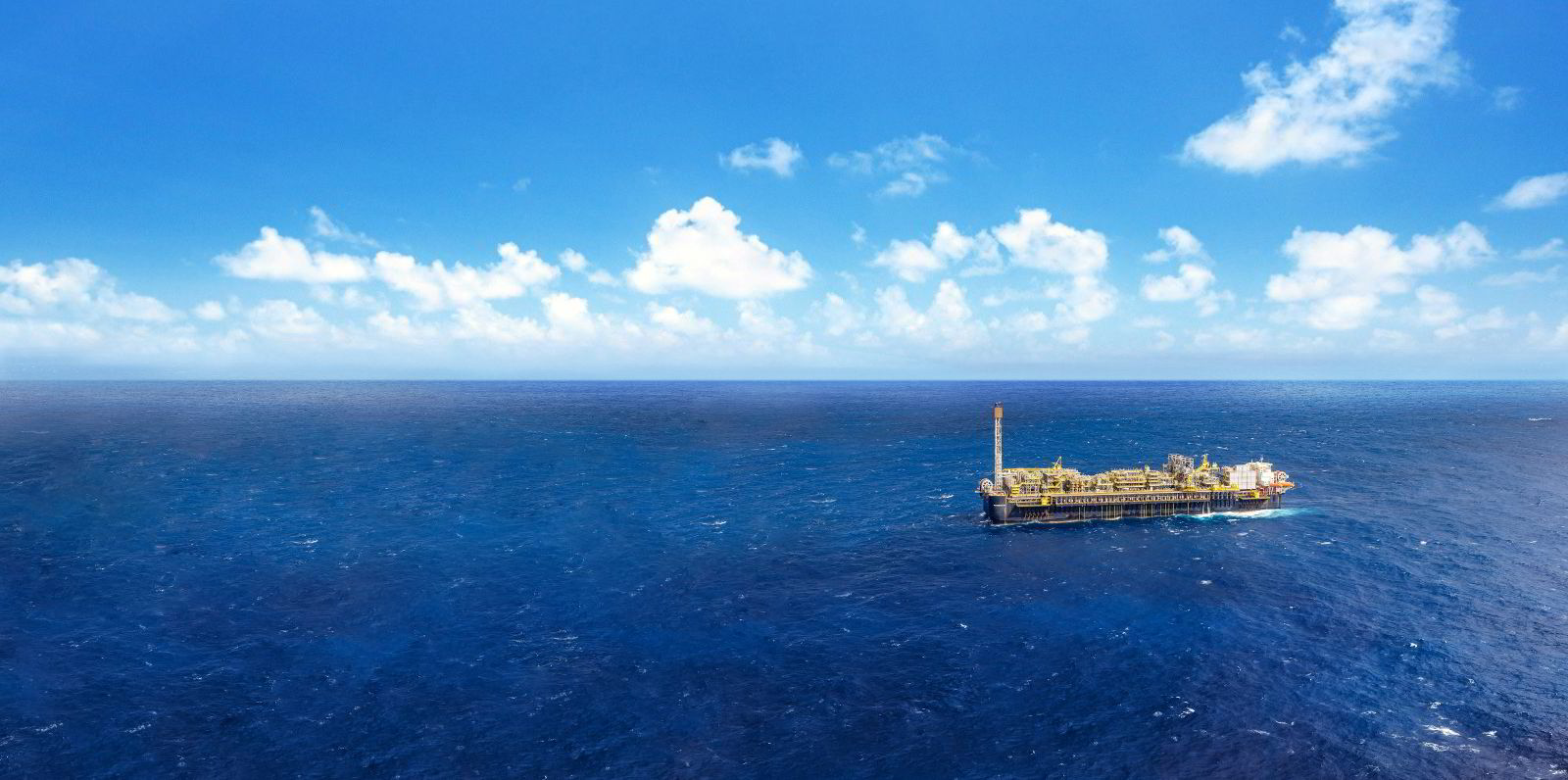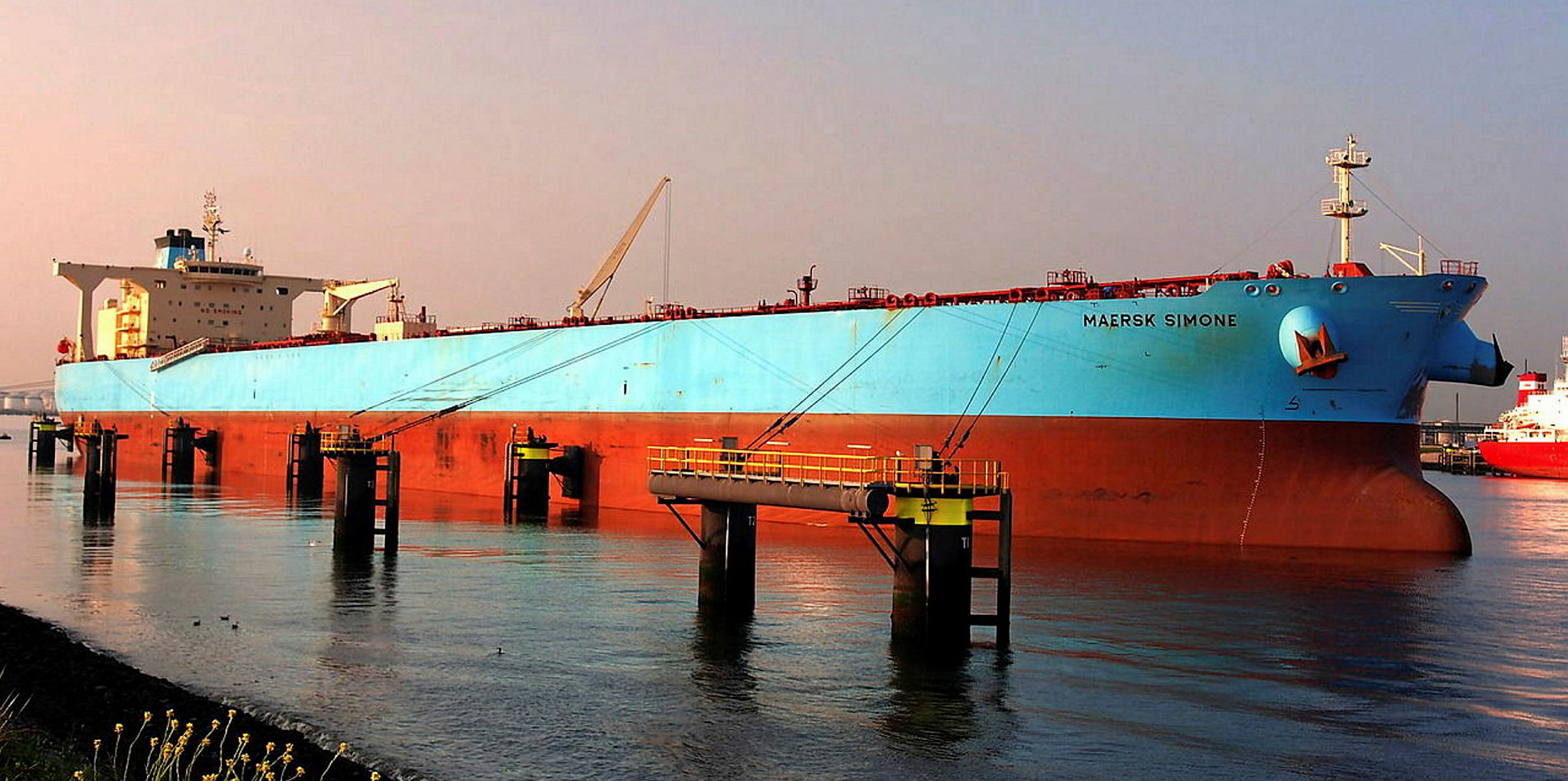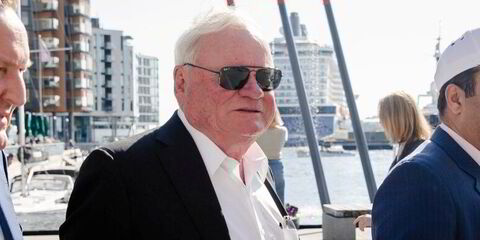Brazil’s Petrobras has fixed another VLCC from Neda Maritime on a period charter – albeit at a much lower rate than the previous deal, brokers said.
The state-owned energy major was reported to charter the scrubber-fitted, 319,330-dwt Aquila (built 2012) at $29,500 per day for two years, plus an option for a 12-month extension.
Neda, controlled by the Lykiardopulo family in Greece, did not respond to emails seeking comment. Petrobras said no information is available on the fixture.
The deal is believed to be roughly in line with market levels. Brokers suggested the prevalent rate for a two-year charter of a non-scrubber VLCC is somewhere between $26,500 and $28,500 per day, while scrubber-fitted tonnage can still fetch a small premium.
But the reported rate is much lower than a similar deal between Petrobras and Neda earlier this year, reflecting weakening market conditions for tankers.
In May, Neda reportedly fixed the non-scrubber, 319,000-dwt Aragona (built 2012) to Petrobras at $48,500 per day.
The charter also lasts for 24 months and can be extended by another year.
VLCC earnings have been on a slippery slope since the second quarter, with Opec+ supply cut, weak oil demand and reduced requirements for floating storage.
“Owners face more pressure with tankers’ employment feeling the impact of Opec+ production cuts, which could remain unchanged and in place for longer than earlier anticipated,” said Fotios Katsoulas, IHS Markit’s principal analyst for liquid bulk.
“Rates for VLCCs and most other segments have dropped below operating expenses.”
Despite having the world’s second highest Covid-19 death toll, Brazil has emerged as a top growth market for tankers this year due to rising crude production and firm requirements of overseas refined products.
Petrobras – still the dominant player in Brazil’s energy industry – has time chartered five VLCCs, one LR2 and two MRs so far this year, data from VesselsValue shows.
All those charters are firm for two years and optional for another 11 or 12 months.
The company has a total of 122 tankers, offshore support vessels and floating energy units on time charters, including eight VLCCs, one LR2 and 11 MRs.





